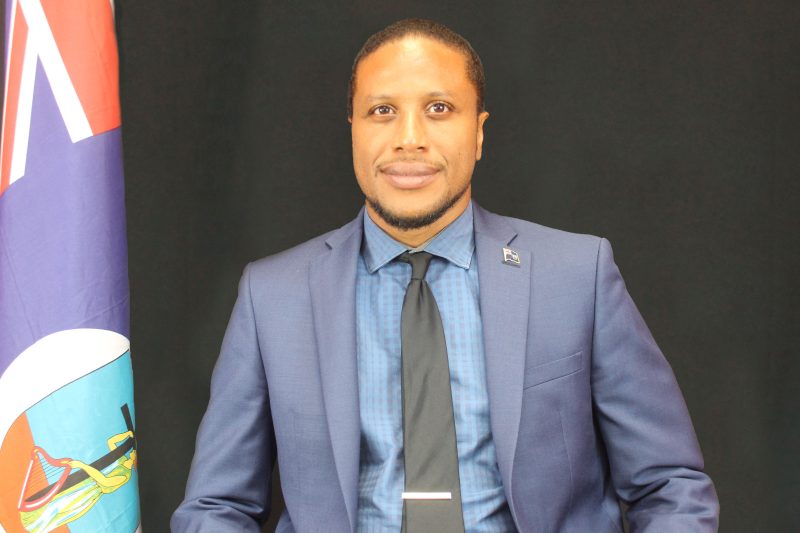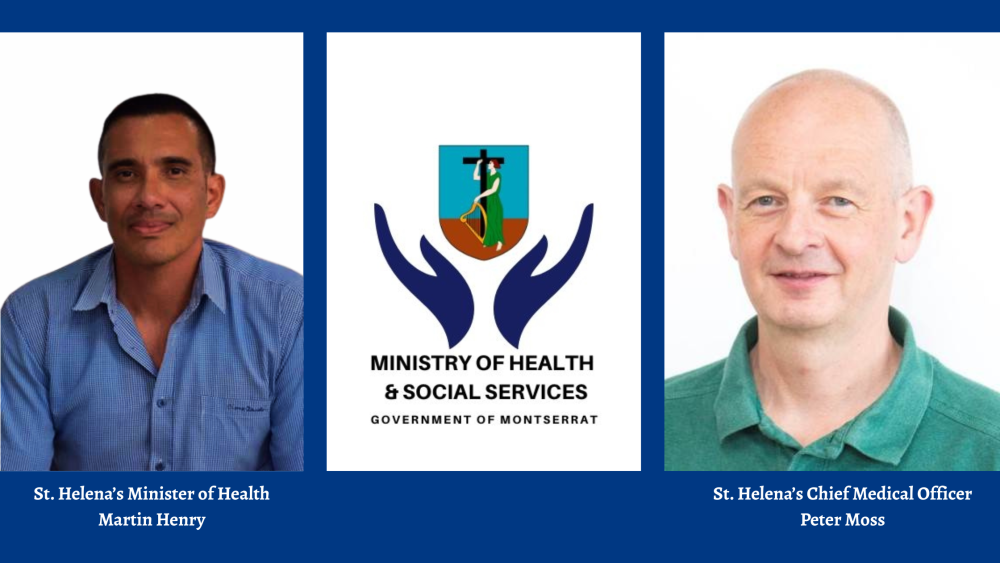
Deputy Governor Lyndell Simpson on Monday morning delivered strong words to civil servants gathered for the opening of the second phase of an ongoing traning programme.
Ironically, the training focused on helping to improve the delivery of service began with numerous empty seats at the start of the day. Simpson said it was unacceptable.
“The message we are sending is that as a public service we are not ready,” she told the few members who had arrived in time for the opening slated for 8AM at the Montserrat Cultural Centre Conference Room.
The course is being delivered by a team led by Richard Graham of the Caribbean Development Bank. Public Policy Analysis and Management and Project Cycle Management Training Programme 2016-18, was designed by the CDB to assist regional governments to improve the delivery of services to the public.
Graham said unfortunately what is happening on Montserrat is not unique to the island. “If we are to improve the Caribbean of the future we have to improve our implementation,” the CDB consultant said during the brief ceremony.
The face to face training is part two of the programme. Phase one was done online and more than 100 senior civil servants on Montserrat have been participating.
The deputy governor said it was time to end the endless cycle of planning and begin to act. “Until we execute, we are not successful. Education without action does not benefit the people of this country. “We are masters of planning and diagnosing our own issues. It is time to bring about the resolution.”
The DG said part of the transformation that the government is ongoing is to shift from merely investing in long term training for members and towards more short term courses for members of staff, which could immediately improve the quality of service being delivered.
Her vision, she shared, was that public servants will implement the policies even when the individual did not personally agree with it. She said the government could no longer be married to the rules for the sake of the rules but that every effort must be made to find solutions to meet the needs of the public.
“If processes get in the way of delivering positive outcomes, it is your job to recommend changes,” she charged the senior officers, comprising Permanent Secretaries, and heads of departments. “It is not about No, it is about how can we make it happen.”
The training is scheduled to continue for six weeks until August 1, 2018.
Discover more from Discover Montserrat
Subscribe to get the latest posts sent to your email.



